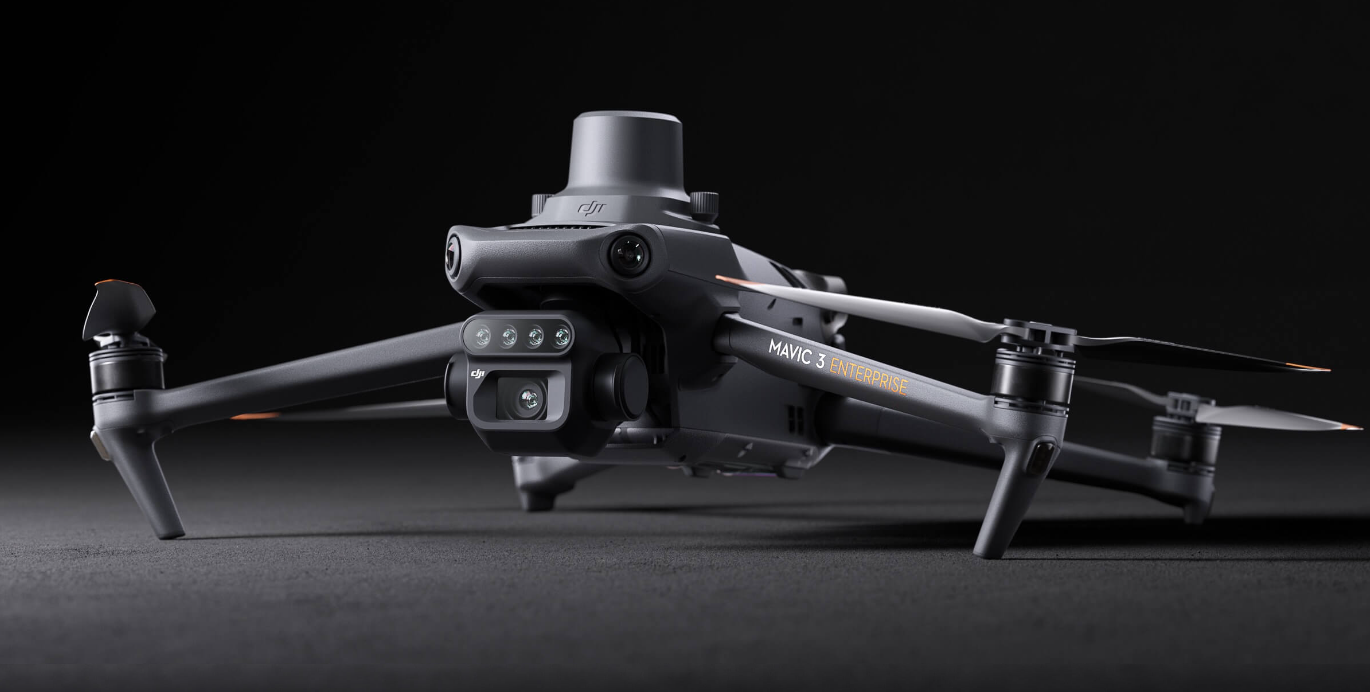U.S. authorities have their sights set on China-based drone makerDJI, a company that has popularised drones for consumer and commercial markets globally. The U.S. Congress intends toban it, as they have begun to see DJI as a nationalsecuritythreat. Once the bipartisan legislation passes and the firm is added to the Federal Communications Commission’s (FCC) communications infrastructure blocklist, DJI’s business in the U.S. will effectively be over.
DJI sellsdronesin a wide range of markets, from consumer, to agriculture, and delivery businesses. Professional amateurs and content creators have used these drones for a variety of applications. Though its primary purpose is either personal or commercial, that doesn’t stop it from being used for nefarious reasons - or worse.

DJI’s drones aren’t designed for combat, but the firm is facing an issue with U.S. lawmakers largely because 6% of its stocks are in the hands of Chinese state-owned businesses. There are fears of vulnerabilities and / or backdoors in the DJI app, and that profits from DJI’s business will strengthen the CCP.
Representative Elise Stefanik, the New York senator said, “DJI presents an unacceptable national security risk, and it is past time that drones made by Communist China are removed from America.” DJI however refutes these claims. Regina Lin the spokesperson for DJI denied its drones were used for human rights violations as they are not made forsurveillance.

While the company does not sell drones for military purposes, DJI drones are known to have been used inRussia’s war against Ukraine. Its products were also used to spy on Uyghur Muslims in Xinjiang, though no ban was issued as a direct response at the time. If one imposes the same treatment on other companies, many entities would fall under it. Divesting or discouraging companies that actively engage in human rights violations is important, irrespective of which side they are from.
Privacy is always a concern that should not be exclusive to companies from a particular nation. Regardless of the reasons, banning tech companies from selling and operating looks to have little to no effect on many companies andcountries in the longer term.
Once legislation is passed, the sales of DJI drones, even to consumers, will be banned. Any such ban would seriously affect its 58% market share in the commercial market as of 2022, according to numbers shared by a former employee. While this may not affect currently owned drones in the U.S., cutting off product sales encourages companies to exit the market, often cutting the availability of service and official spare parts at the same time. This is no different than bans likeHuawei, NAND makerYMTC, and the ongoing process to banTiktok.
Get Tom’s Hardware’s best news and in-depth reviews, straight to your inbox.
Just like how the restriction of U.S. tech has resulted in Chinese chipmakers prospering, there’s also a good chance that other drone companies may benefit from this ban, as long they can fill the gap.
Roshan Ashraf Shaikh has been in the Indian PC hardware community since the early 2000s and has been building PCs, contributing to many Indian tech forums, & blogs. He operated Hardware BBQ for 11 years and wrote news for eTeknix & TweakTown before joining Tom’s Hardware team. Besides tech, he is interested in fighting games, movies, anime, and mechanical watches.